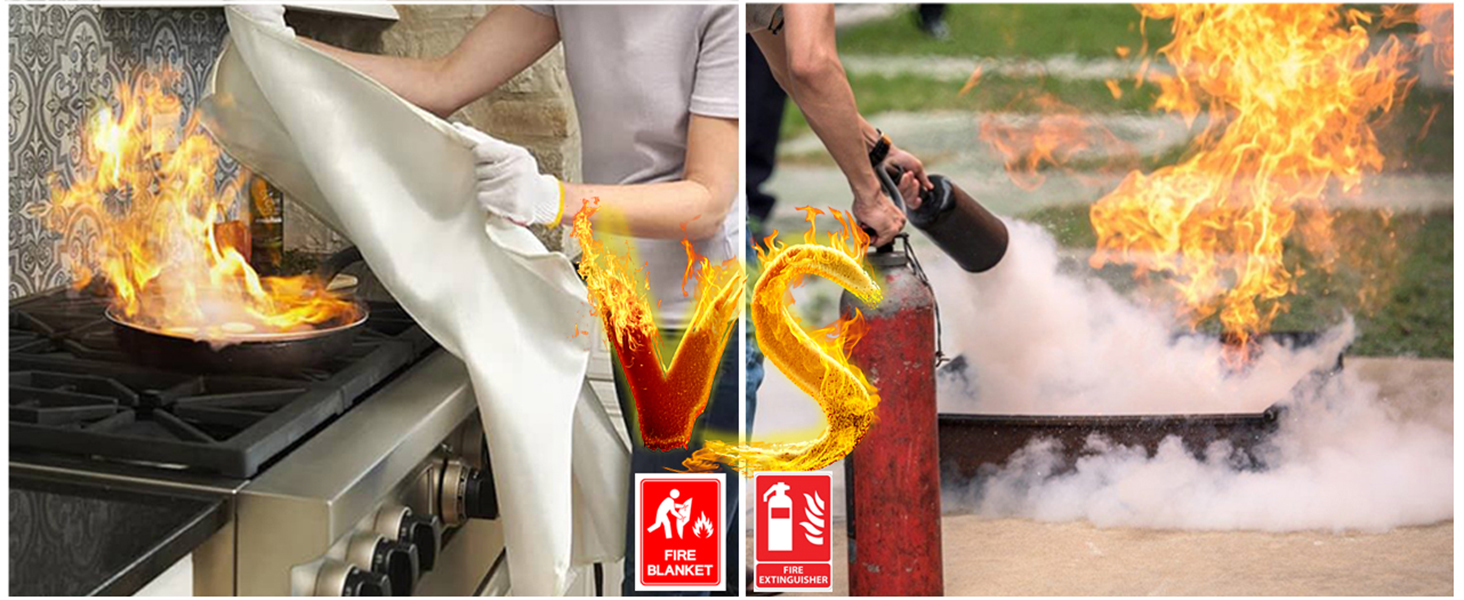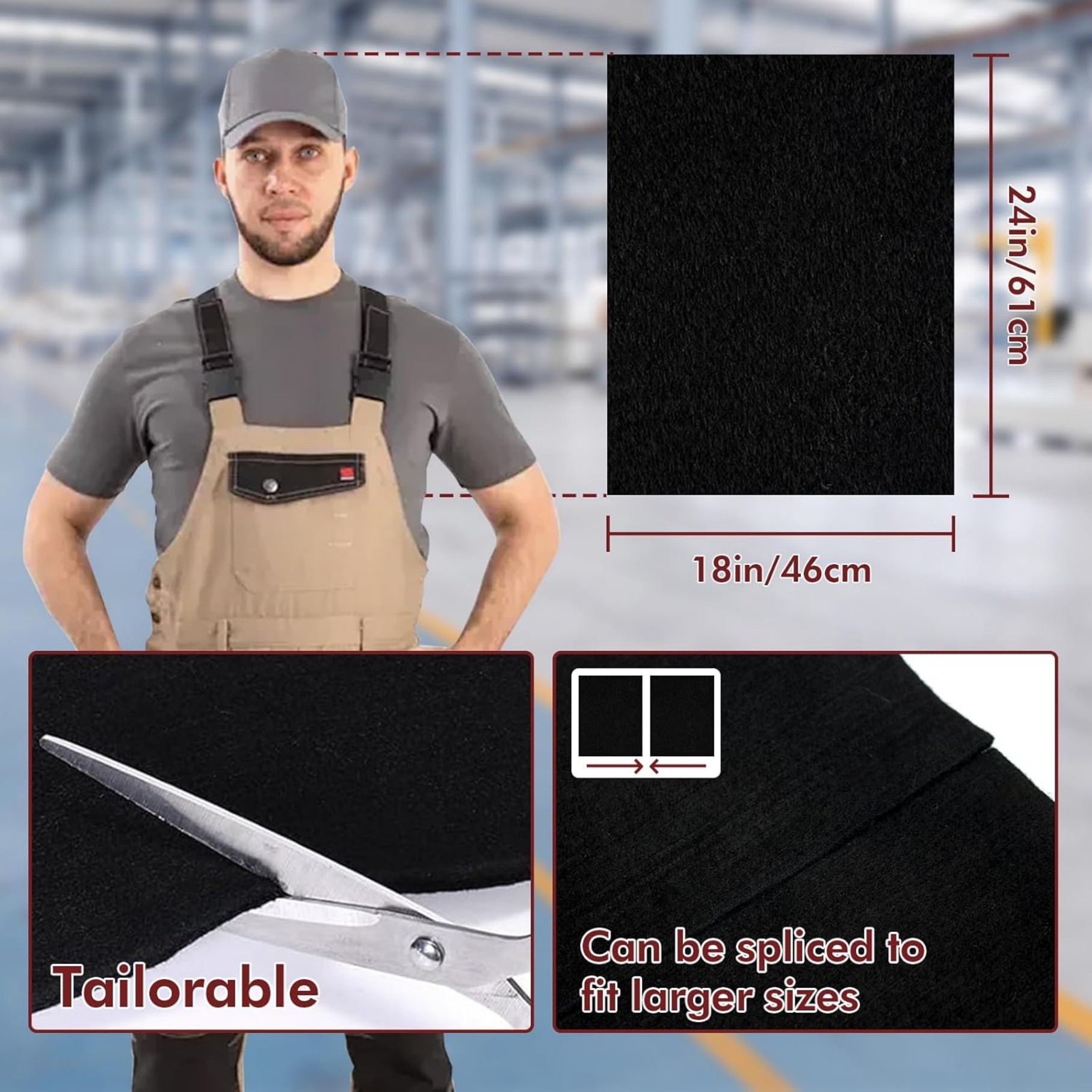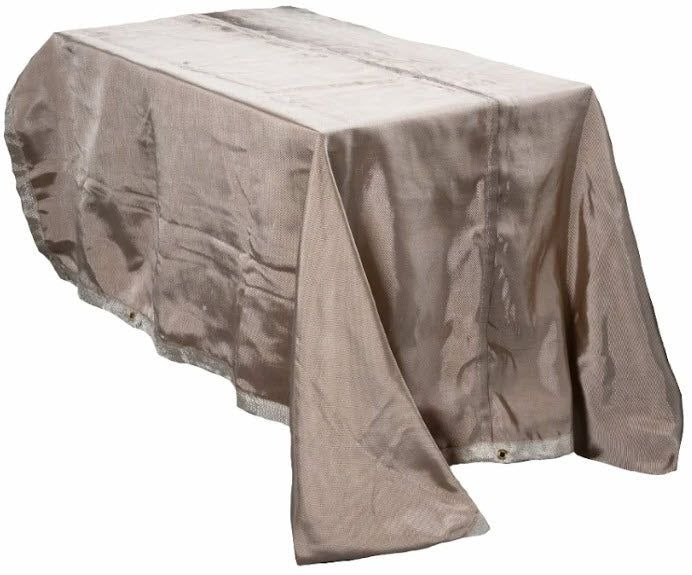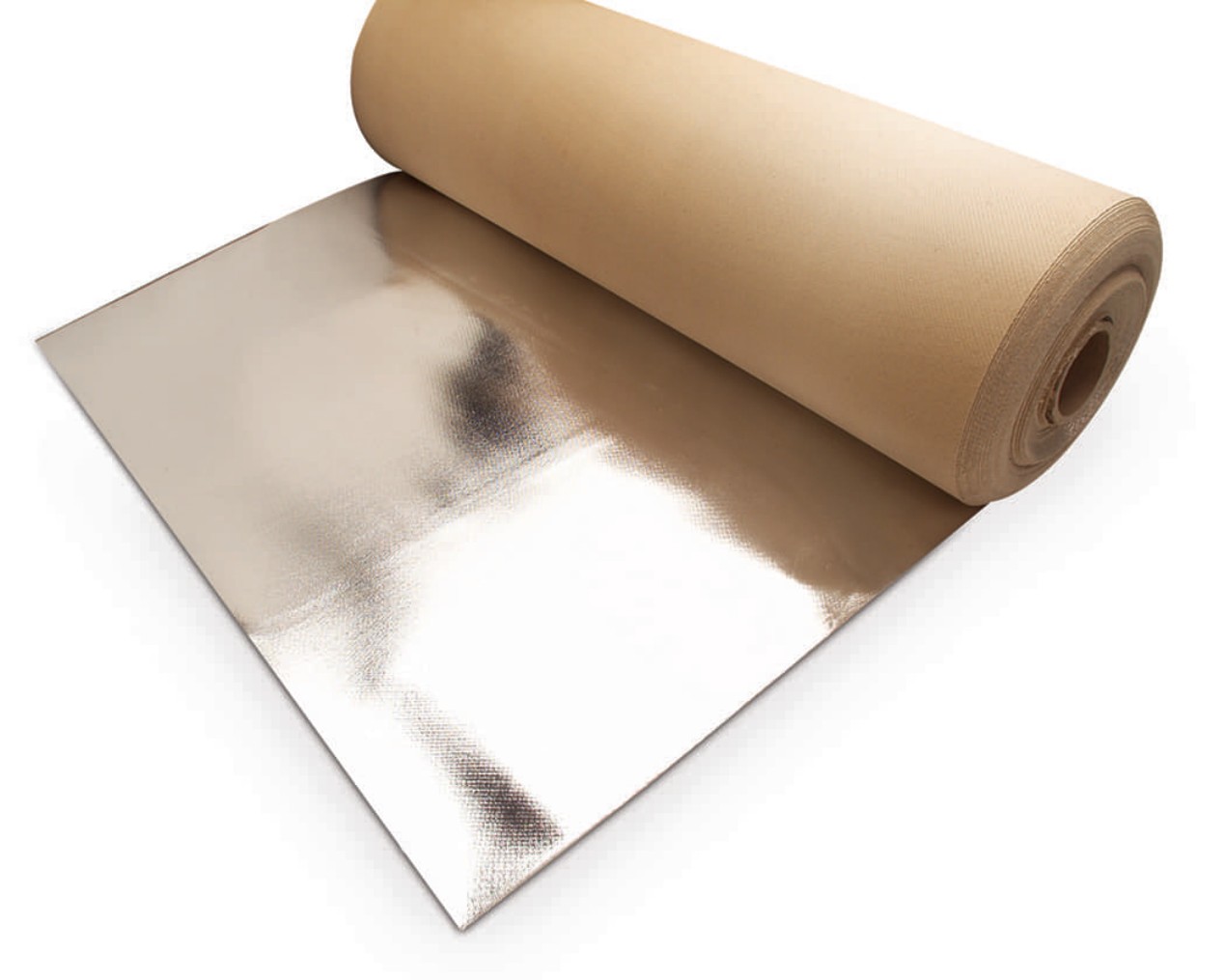Fire Retardant Blankets: Essential Safety Gear for Home and Workplace
Summary:Fire retardant blankets are crucial safety tools that smother small fires by cutting off oxygen. This guide explains their materials, uses, selection criteria, and proper maintenance to enhance your fire safety preparedness.
What Are Fire Retardant Blankets?
Fire retardant blankets are specially designed safety devices made from flame-resistant materials. Unlike regular blankets, they can withstand extreme heat and smother small fires effectively. You'll find them in kitchens, workshops, laboratories, and industrial settings where fire risks exist.
These blankets work by creating a barrier between the fire and oxygen. When you place a fire retardant blanket over flames, it starves the fire of the oxygen it needs to burn. This makes them ideal for putting out small fires before they escalate.
Key Materials Used in Fire Retardant Blankets
Quality fire retardant blankets typically use these materials:
- Fiberglass:The most common material, offering excellent heat resistance up to 1000°F (538°C)
- Wool with fire-resistant treatment:Natural wool treated with fire-retardant chemicals
- Silica fabric:Used in industrial-grade blankets for extreme heat protection
- Kevlar blends:For high-performance applications requiring durability
When to Use Fire Retardant Blankets
You should use fire retardant blankets for:
- Small kitchen fires (grease fires, stove-top flames)
- Electrical equipment fires (when the power is off)
- Clothing fires (wrap around a person whose clothes are burning)
- Workshop fires (soldering accidents, welding sparks)
- As emergency heat shields during evacuations
How to Choose the Right Fire Retardant Blanket
Consider these factors when selecting a fire retardant blanket:
- Size:Standard sizes range from 3x4 feet to 6x8 feet. Larger blankets cover more area.
- Material:Fiberglass works for most homes; industrial settings may need silica or Kevlar.
- Certifications:Look for NFPA 701, EN 1869, or ASTM standards.
- Ease of access:Choose blankets with quick-release containers for emergencies.
- Durability:Check stitching quality and edge reinforcements.
Proper Use of Fire Retardant Blankets
Follow these steps to use your fire retardant blanket correctly:
- Pull the blanket from its container using the corner tabs
- Hold the blanket as a shield between you and the fire
- Gently place it over the flames - don't throw it
- Leave the blanket in place until completely cooled
- Never attempt to reuse a blanket after fire exposure

Maintenance and Care Tips
To keep your fire retardant blankets effective:
- Store in easily accessible locations away from heat sources
- Inspect monthly for damage or contamination
- Replace if the material becomes stiff, brittle, or discolored
- Clean only according to manufacturer instructions (never use regular detergents)
- Replace blankets every 5-7 years, even if unused
Fire Retardant Blankets vs. Fire Extinguishers
While both are important, fire retardant blankets offer advantages in certain situations:
| Feature | Fire Retardant Blankets | Fire Extinguishers |
|---|---|---|
| Best for | Small contained fires, clothing fires | Larger fires, various fire classes |
| Maintenance | Minimal (visual inspection) | Regular pressure checks, refills |
| Training needed | Basic (easier to use) | More extensive (PASS technique) |
| Cleanup | Simple (no chemical residue) | Can be messy |
Common Mistakes to Avoid
When using fire retardant blankets, never:
- Use on large or spreading fires (call emergency services instead)
- Attempt to wrap a person while they're standing (have them stop, drop, and roll first)
- Store near open flames or heat sources
- Fold too tightly - keep accessible for quick deployment
- Use wet or damp blankets (reduces effectiveness)
Where to Install Fire Retardant Blankets
Strategic locations for fire retardant blankets include:
- Kitchens (within reach of cooking areas)
- Workshops and garages
- Near electrical panels
- Science laboratories
- Industrial workstations
- RVs and boats
Remember, fire retardant blankets are your first line of defense against small fires. When properly selected, maintained, and used, they can prevent minor incidents from becoming major disasters. Invest in quality blankets and ensure everyone in your home or workplace knows their location and proper use.






